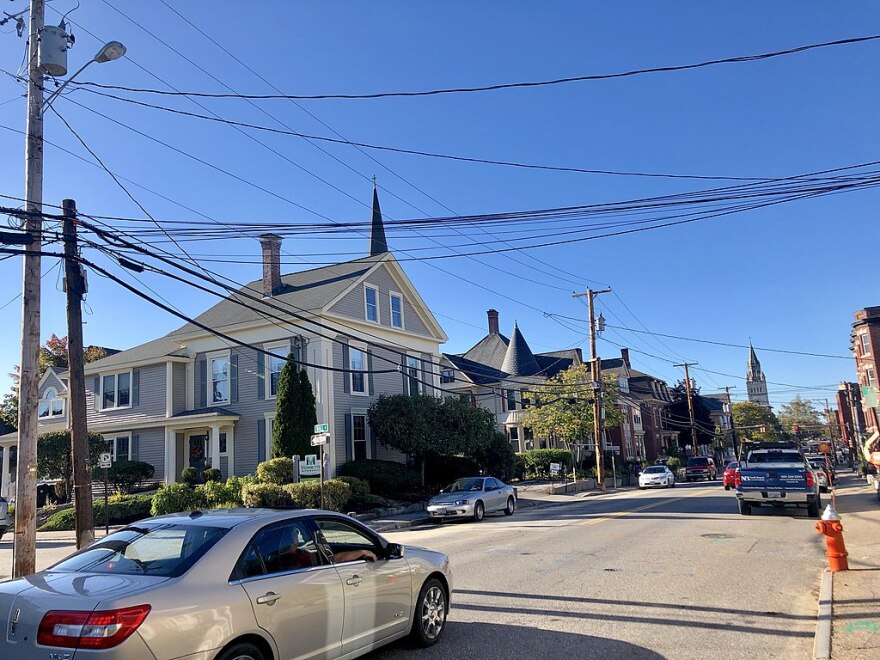In the latest sign of the region’s strained rental market, Concord Housing Authority will stop taking applicants for low-income housing vouchers later this month because there are so few places for them to live.
“We have thousands of applicants on our current lists and only turn an average of 34 units per year. Some applicants have been waiting to be housed for over eight years,” Julie Palmeri, executive director of Concord Housing and Rehabilitation, wrote in response to Monitor questions about the decision to stop taking applications effective May 25. “Applicants are frustrated with the wait time and feel they are being given false hope of being housed in our portfolio.”
Just processing all the applications is “time-consuming and expensive.”
“We recognize Concord’s severe housing shortage and are pursuing options to try to create more rental opportunities,” including pursuing grants of various kinds, Palmeri wrote.
The strain is not unique to Concord. New Hampshire Housing reports that among the 18 housing authorities in the state that use the Housing Choice Voucher program, formerly known as Section 8, an average of about 5,900 applications exist at any time, and warns online that “for most applicants, this could mean an estimated wait time of 5 to 7 years before their name reaches the top of the list.”
Laconia Housing, for example, isn’t using 8% of the 407 federal vouchers it has been provided and has more than 800 people on a waiting list, mostly because it can’t find landlords willing to take tenants.
“The landlord has the choice of who they want to rent to. Given the market the way it is now, they are looking for the highest rent they can get,” said Tom Cochran, executive director of the organization.
“We do have candidates looking for residential opportunities out there, but there is just no inventory,” he said.
Palmeri said Concord Housing was pursuing options to try to create more rental opportunities, including “grants which we hope will bridge the gap between our limited available funds and what is required to create additional housing in the current market. These capital investments are needed to build, preserve, and rehabilitate homes in Concord.”
The Section 8 program dates back in various forms to the 1930s. It provides vouchers to people or families whose income is below a certain limit, and those vouchers pay landlords extra up to 20% over fair market rent. Last year, the program paid more than $40 million in supplemental rents to New Hampshire landlords, according to New Hampshire Housing.
The idea is to use this money to make it feasible for private apartments and housing stock to house low-income individuals and families. Increasingly, housing agencies have decided that the best option is to own and manage their own units. That was the driving force behind the creation of CATCH Neighborhood Housing in Concord, which owns or manages 349 units of affordable housing in the region.
Laconia Housing has 334 units in seven properties. “That’s really where we are trying to spend time on, securing as much low-income housing as possible going forward, given the market,” said Cochran.
The long-term solution is for rents to become less expensive. Building housing of all kinds, in Concord and elsewhere, is one way to do that.
“The (city) has made a commitment to be more lenient with the approval processes for new developments,” Palmeri wrote.
According to the latest statistics, Section 8 assistance is provided to approximately 3.3 million low-income families, the elderly, and the disabled in the U.S.
These articles are being shared by partners in The Granite State News Collaborative. For more information visit collaborativenh.org.







